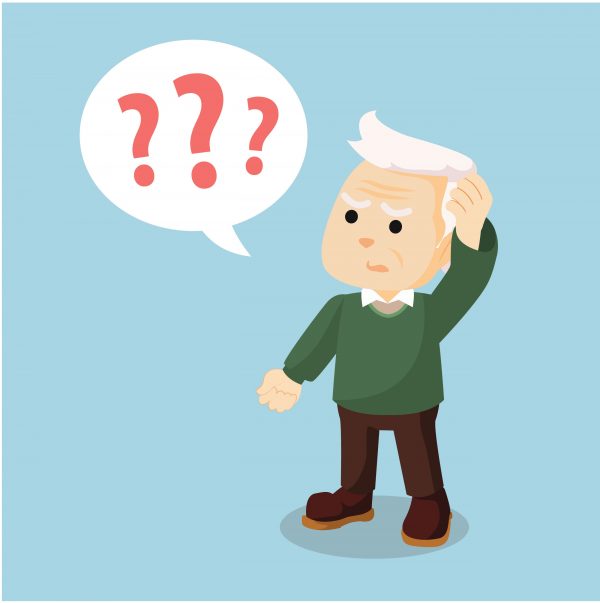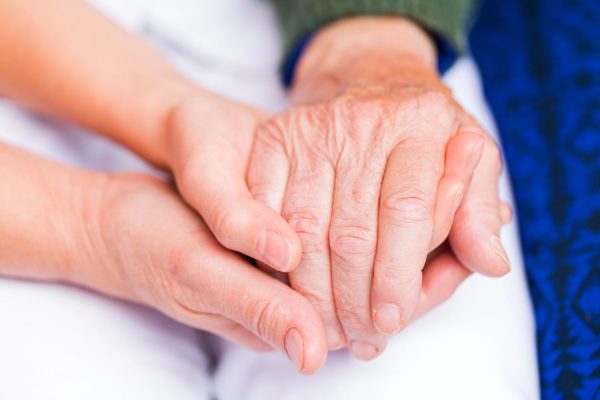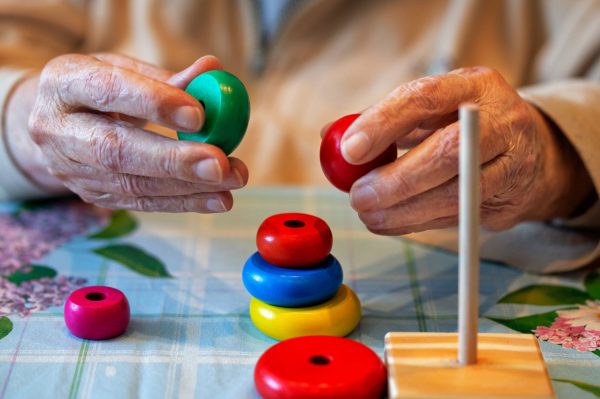Dr Seng Kok Han, a Consultant Psychiatrist from Nobel Psychological Wellness Clinic, a member of Healthway Medical Group, speaks about dementia.

Dementia is a general term to describe a decline in mental ability which is severe enough to interfere with daily life. The brain cells of people with dementia die at a faster than normal rate leading them to lose their ability to remember, think and reason. As the condition advances, they may demonstrate personality and behavioral changes which impede them from coping with daily life. While the likelihood of having dementia increases with age, it is not part of normal ageing.
A Rising Health Issue

The Well-Being of the Singapore Elderly (WiSE) study conducted in 2013 found that the prevalence of dementia was 10% in the elderly population aged 60 years and above. This study, which is spearheaded by the Institute of Mental Health, Singapore, suggests that 28,000 Singaporeans in this age group were affected in 2012.
Types of Dementia
Alzheimer’s dementia, which is the most common type of dementia, is the progressive loss of brain cells related to the formation of insoluble proteins in and around the brain cells.
The onset of this condition is gradual and early symptoms may be missed. The second most common type of dementia, vascular dementia, is a result of impaired blood flow to the brain, often after a stroke or series of strokes.
Symptoms

Medical attention should be sought if one displays the following symptoms:
• Poor memory of recent events • Repeatedly asking the same questions
• Difficulty in naming objects
• Misplacing things
• Personality changes
• Deterioration in carrying out daily functions
As the illness progresses, the following symptoms:
- Lose track
- Wandering and getting lost
- Become irritable and agitated
- Hallucinations such as hearing voices and seeing visions
- Delusions such as false beliefs that people stole their belongings
Assessment
Assessment for dementia involves detailed medical history-taking, physical examination, cognitive testing, blood investigations and brain imaging.
Benefits of Early Intervention
Although there is no cure for Alzheimer’s dementia, early diagnosis enables patients and caregivers to have a better understanding of their condition and receive anticipatory guidance for emerging symptoms. They can also plan for the future, such as making a Will and Lasting Power of Attorney (LPA) while they still have the mental capacity. Interventions can slow down the progression of cognitive decline, prolong patients’ ability to carry out their daily activities and delay the need to place the patient in institutional care.
Comprehensive Care to Manage Dementia Patients
Medication
- Prescribed medications such as Donepezil, Rivastigmine, Galantamine or Memantine can slow down the progression of dementia.
- Antidepressants can be used to treat depression while antipsychotics can help treat hallucinations and paranoia, which can be seen in dementia.
Psychological Support

- Psychological approaches include helping to orientate patients (reality orientation) and focus on meaningful activities of the past (reminiscence therapy).
- Cognitive training can equip them with skills to decrease everyday problems and improve the quality of their lives.
- Behavioral modifications are applied to help patients change specific challenging behaviours.
Social Interventions
- It is important to work with families as they play contributory roles in influencing treatment outcomes and management.
- Referring patients to appropriate agencies such as day care, befriender’s services and family service centres can help in the aftercare.











